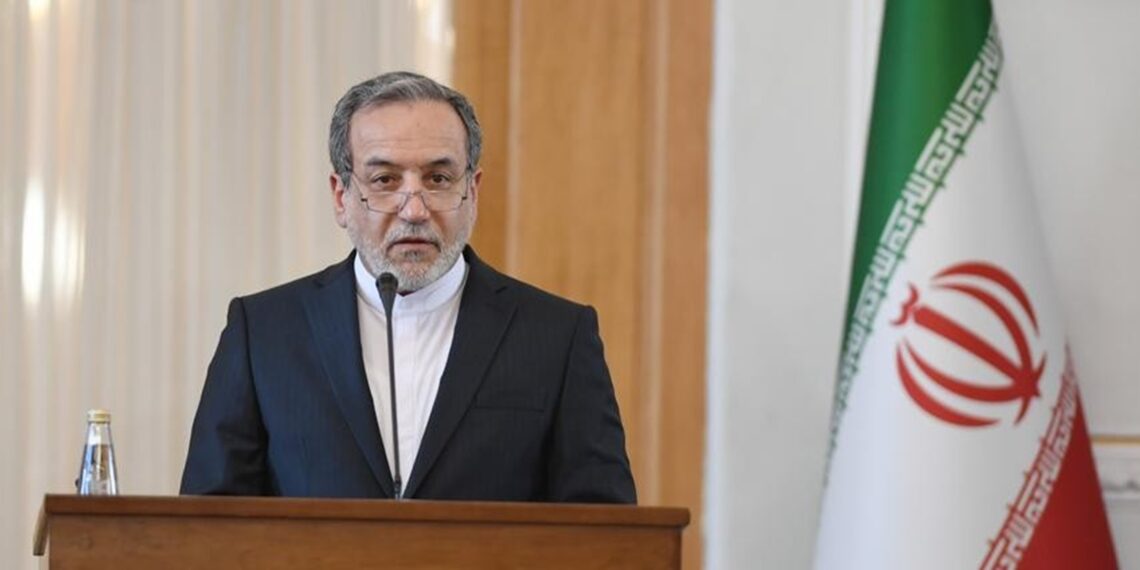Tehran: Iranian Foreign Minister Seyed Abbas Araghchi has called on former U.S. President Donald Trump to refrain from using what he described as a “disrespectful and unacceptable tone” when addressing Iran’s Supreme Leader, Ayatollah Ali Khamenei.
Araghchi warned that such rhetoric could derail any potential negotiations between the two nations.
“If President Trump is serious about a deal, mutual respect is non-negotiable. His tone towards our Supreme Leader, who commands millions of devoted followers, must change,” Araghchi wrote in a post on X.
Drawing on a metaphor of Iranian resilience, Araghchi likened the nation to its intricate carpets, “woven through patience and hard work.”
He added, “We know our worth, value our independence, and will never allow others to decide our destiny. Respect is the foundation of diplomacy.”
Araghchi also emphasized that the Iranian people do not tolerate threats or insults. He warned that misjudgments could lead to Iran revealing its full capabilities.
“If illusions persist, Iran will not hesitate to demonstrate its strength, putting to rest any misconceptions about our power,” he said.
The remarks came in response to Trump’s recent statements on Truth Social, where he claimed to have “saved” Khamenei from an “ugly and ignominious death” during the recent Iran-Israel conflict.
Trump alleged that Khamenei falsely declared victory over Israel and recounted how he intervened to prevent a large-scale Israeli attack on Tehran, which he claimed would have caused massive casualties.
Trump also suggested that he had been working on lifting sanctions against Iran before Khamenei’s remarks.
ALSO READ: Second Assam-Meghalaya border pact expected by August 15: Cabinet minister
“Instead of gratitude, I received anger and hatred. I dropped all work on sanction relief. Iran needs to rejoin the world order, or their situation will worsen,” Trump stated.
The exchange follows a fragile ceasefire brokered by Trump earlier this week after 12 days of escalating hostilities between Iran and Israel.
Observers believe the recent war of words underscores the deep mistrust that continues to complicate diplomatic efforts between the US and Iran.















